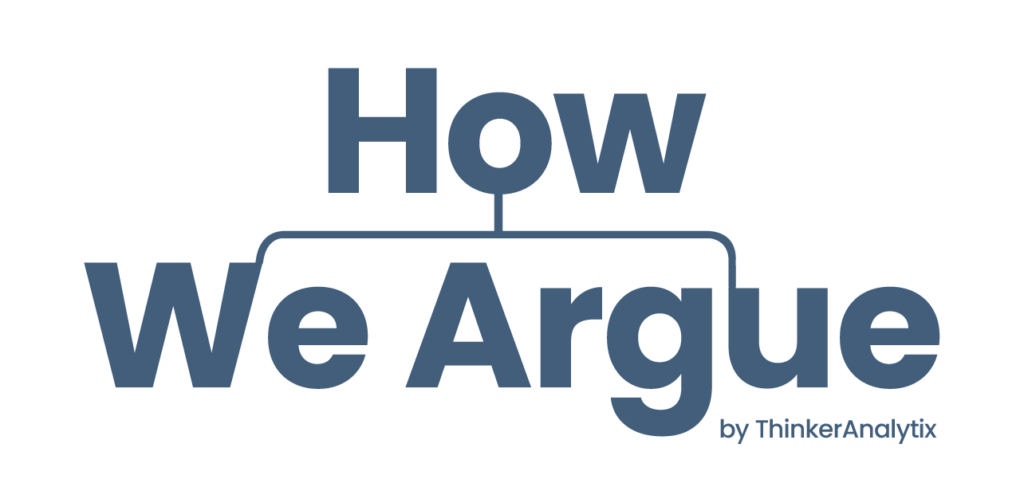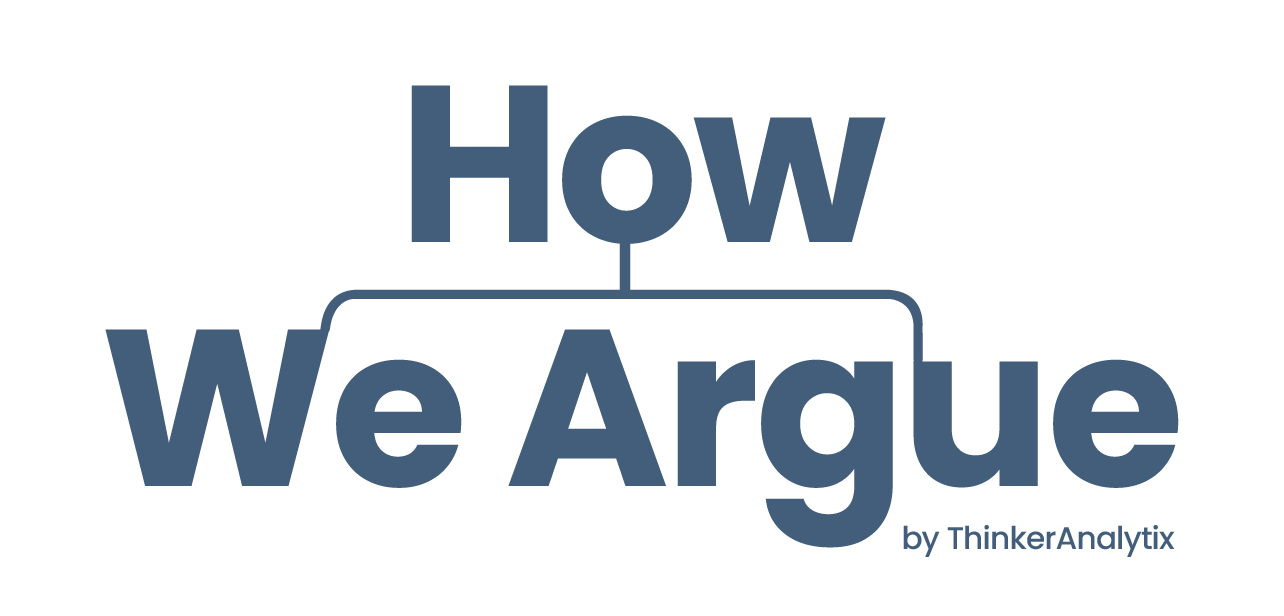We help instructors prepare students for Higher Ed learning.
Want to help your faculty teach students to read, write, and discuss arguments across disciplines with a common vocabulary and method?
Want to ensure that students are equipped with the critical thinking skills that their future professors, employers, and colleagues will value?
Our interactive textbook How We Argue is designed by Harvard educators to work alongside existing syllabi to help students practice and improve their skills of analysis and evaluation using a research-backed method called argument mapping.

Made by educators, for educators:
- Designed for asynchronous learning across large university courses and programs with no prerequisite
- Simple instructor dashboard to track student progress
- Easy payment options for students and institutions
- Run by a non-profit organization dedicated to improving reasoning skills and learning outcomes for students
What's Inside

Trusted by Faculty and Administrators

Students learn skills.

Research-backed pedagogy for teaching critical thinking

College-level writing that is rigorous and well-organized

Constructive conversations about controversial issues
Additional Offerings
If you’re interested in How We Argue, but unsure about how to implement it in your institution’s curriculum, let’s talk! We offer consultations for administrators and faculty charged with revamping or developing new curriculum targeting students’ critical thinking skills. Following on an initial consultation, our pedagogy experts can offer a suite of resources and ongoing consulting for your implementation and evaluation process.
Schedule an initial consultation meeting today by emailing info@thinkeranalytix.org.
ThinkerAnalytix provides customized professional development opportunities that fit your faculty’s teaching & learning goals, and your curriculum. Our team has decades of experience developing best practices for pedagogy and teaching at the higher education level.
Want to learn more? Schedule a call today to explore options!
Testimonials
About Us
ThinkerAnalytix is an educational nonprofit that partners with the Harvard Department of Philosophy.

Anne Sanderson
CEO/Co-Founder
Associate, Philosophy
Harvard University

Aidan Kestigian
VP of Core Curriculum
Visiting Assistant Professor,
Wheaton College

Noah Lopez
Director of Growth
PhD in Philosophy, Oxford University

Nate Otey
Lead Instructional Coach
Associate, Philosophy
Harvard University
FAQs
ThinkerAnalytix (TA) is an educational non-profit that partners with the Harvard University Department of Philosophy. We use argument mapping to help students practice the skills of logical reasoning and intellectual charity. The result is that students write more effectively and discuss controversial issues more constructively.
HWA is assigned by professors at dozens of private and public universities across the US and around the world, as well as instructors of grades 7-12 at many private, charter, and public schools.
How We Argue costs $25/student, but institutional discounts are available based on the number of students enrolled. This revenue allows us to update the site regularly, improve the user experience, and assist students in the chat feature.
We know that most instructors already have too much content to cover in a limited time. Therefore, HWA is designed to supplement or augment your existing curriculum, rather than compete with it.
Most instructors assign HWA at the beginning of the semester, and ask students to work on it outside of regular class time, often in addition to assigned readings. For example, you might ask students to complete the mastery checks for Lessons 1-2 by the end of the first week, Lessons 3-4 by the end of the second week, and Lessons 5-6 by the end of the third week.
HWA is designed to be flexible, and some instructors will want to move faster or slower, depending on your students’ aptitudes and on your other course content.
We’ve interviewed dozens of instructors who have used HWA and compiled some tips and tricks. The video on the My Classes page summarizes these tips and tricks, and helps you get going.
The Instructor Resource Folder (which costs $50) also has many lesson plans and suggestions for further integrations.
Most students will take about 3-5 hours to complete Lessons 0-6 (the most basic version). The Advanced Content section (Lessons 7-10) takes most students an additional 3-5 hours.
HWA uses Mastery Learning, a thoroughly-researched method of teaching skills, in which students must demonstrate mastery of each target skill before moving on to the next lesson. This highly personalized approach ensures that students work at their own pace and are always practicing the most relevant skills at any given moment, and that instructors always know exactly what their students have (and have not) learned. HWA includes thousands of practice exercises with feedback to help students learn at their own pace.
The My Classes page summarizes each student’s progress, with a blue box indicating that the student has mastered the skill listed at the top of the column. By clicking on a student’s name, faculty can view each of the practice exercise sets and mastery checks that they’ve taken. If a professor clicks the “View Questions” button next to a quiz, they can see how the student answered each question in that quiz.
Students can reach out to the TA team with specific questions, or to request that a mastery check or quiz be reset, if necessary. We try to respond to all chats within about 12 hours. In the very rare case where a student misuses the chat feature (i.e., by saying something rude or inappropriate), we do not respond but simply notify their instructor.
Please reach out to us at help@thinkeranalytix.org!
